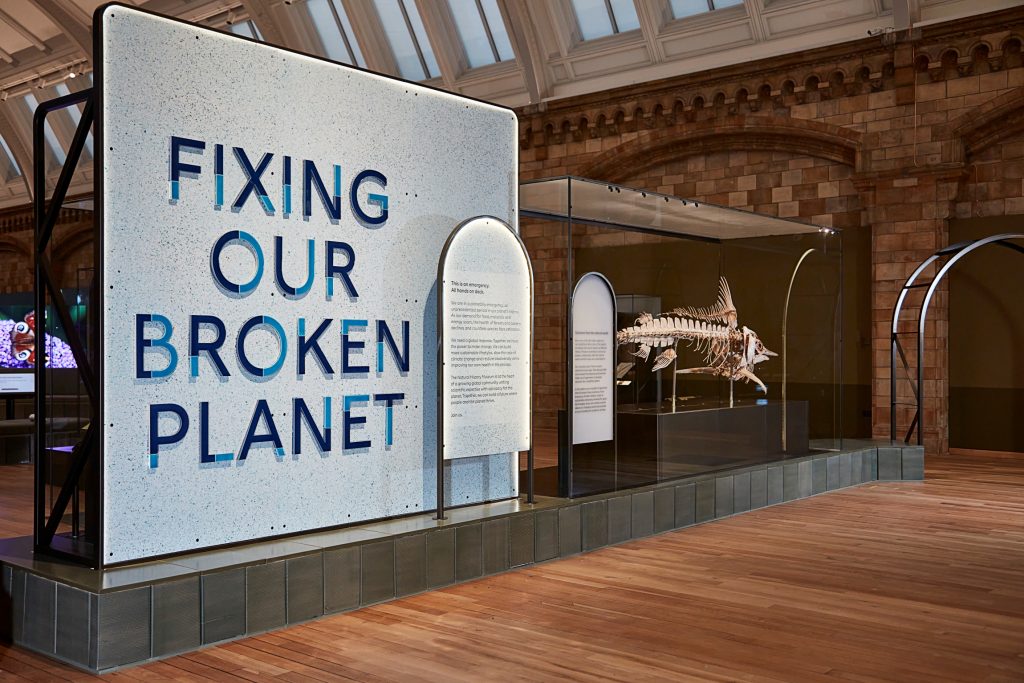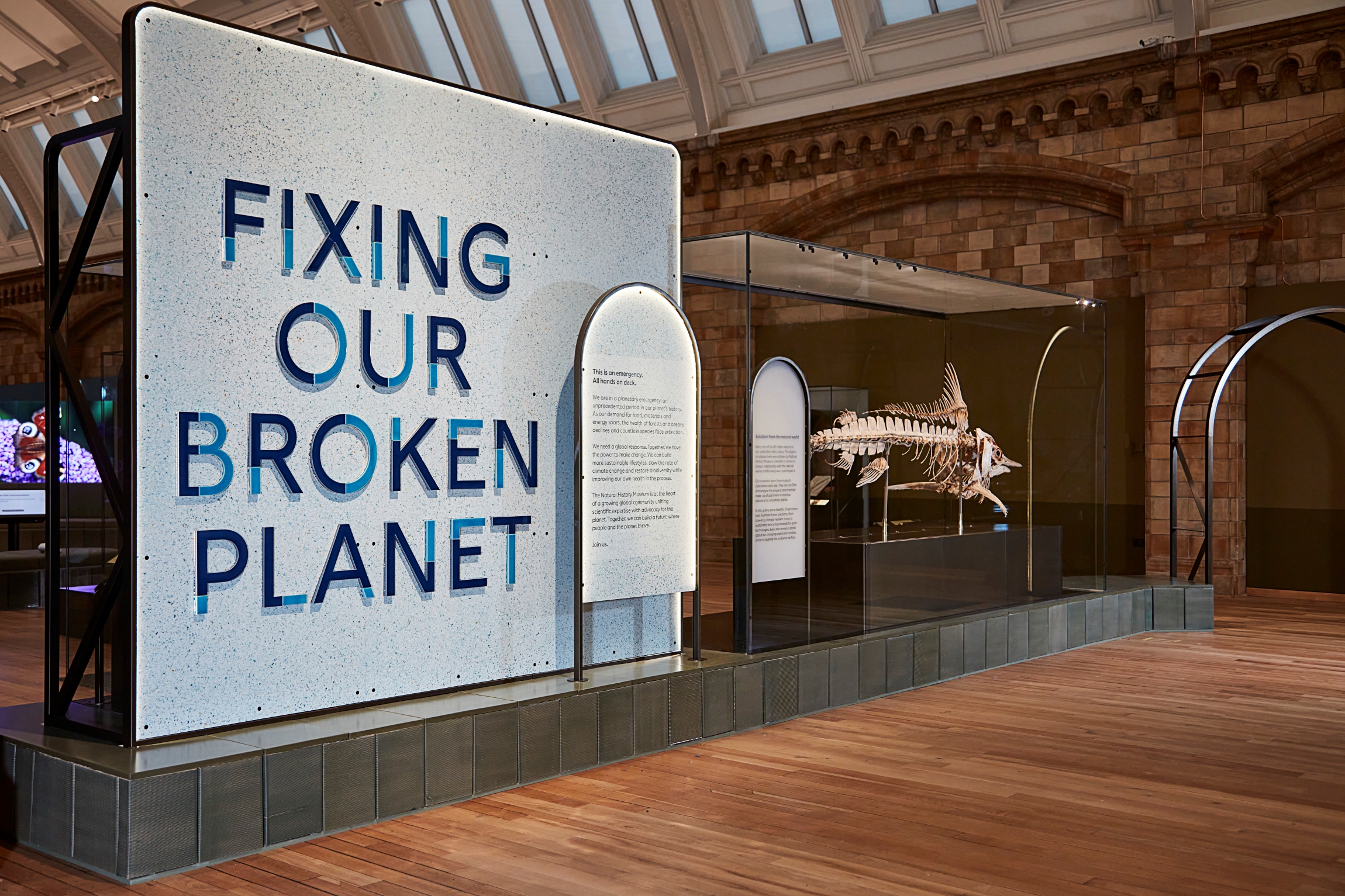
Museum Visits Recommended for Health Advantages Show Positive Outcomes Globally

Title: Art Prescriptions as a Remedy: Enhancing Global Health through Museum Visits
In recent times, a novel yet increasingly acknowledged trend has taken root in the healthcare sector: physicians recommending museum visits as a therapeutic approach. This may sound unusual, but an expanding collection of research underscores how engaging with art and cultural spaces can yield significant health advantages. Referred to as “art prescriptions,” these programs are being adopted by healthcare practitioners worldwide—from Canada to Switzerland—to address issues like anxiety, depression, chronic stress, elevated blood pressure, and even feelings of social isolation.
The Emergence of Art Prescriptions
This concept gained significant attention in 2018 when a groundbreaking initiative was introduced in Montreal, Canada. Marking what was thought to be a global first, healthcare providers started prescribing trips to the Montreal Museum of Fine Arts (MMFA) for individuals facing various mental and physical health challenges. The premise was both straightforward and original: granting patients and their companions complimentary access to the museum as a healing experience.
“This initiative acts as a complementary therapy to standard treatment,” the MMFA proclaimed upon the program’s inception. By providing a soothing and inspiring atmosphere, the museum environment aimed to enhance conventional medical interventions. Though the initiative was paused during the COVID-19 pandemic, plans are in progress to revive it, with a broader emphasis on group-oriented activities.
An International Trend
Encouraged by the Canadian example, nations across Europe and North America have begun launching similar initiatives. In Belgium, France, the United States, and most recently Switzerland, programs resembling this model are being rolled out. For instance, the Swiss canton of Neuchâtel now permits physicians to issue “art prescriptions” for any of the four museums in the area. “It’s really refreshing to suggest museum visits instead of medications or tests that patients may dislike,” remarked Dr. Marc-Olivier Sauvain, head of surgery at the Neuchatel Hospital Network.
In Massachusetts, the CultureRx program brings together healthcare providers and cultural organizations. These alliances provide patients with chances for creative expression, social connections, and emotional nourishment outside of a medical environment.
Support from WHO
The World Health Organization (WHO) has bolstered the credibility of these initiatives. In 2019, the WHO published a pivotal report after evaluating over 3,000 studies conducted over the past two decades. The review found that art-focused interventions can significantly help prevent health issues, promote well-being, and manage both physical and mental health conditions.
The report revealed advantages ranging from diminished stress and anxiety to enhanced cognitive performance and improved social ties—factors profoundly influenced by museum visits or engagement with art.
The Health Benefits of Museums
Dr. Tasha Golden, a health researcher who analyzed Massachusetts’ CultureRx initiative, explained that just being in visually appealing spaces, such as museums, can positively affect our feelings, thoughts, and behaviors.
“Museums also provide avenues for social connection, which can alleviate feelings of loneliness and isolation,” she observed. In addition to environmental elements, simply observing art or historical displays encourages mindfulness, curiosity, learning, and joy—each of which can facilitate emotional recovery.
Personalized Healing Approaches
Although the advantages of art prescriptions are extensive, they are not universally applicable. Dr. Golden emphasizes the significance of tailoring the experience to fit individual preferences. “You wouldn’t want to recommend a car museum to someone who enjoys art, and vice versa. Likewise, some individuals may derive more therapeutic benefits from different cultural experiences,” she stated.
Fortunately, numerous alternatives exist. Research indicates that pursuits such as crafting, photography, or nature excursions can provide similar mental health advantages as those experienced from visiting museums. These alternatives guarantee that everyone can tap into art’s healing potential, even if they don’t find themselves at ease in a traditional museum atmosphere.
Looking Forward
As discussions surrounding mental and emotional health become increasingly intertwined with physical wellness, initiatives like art prescriptions present refreshing, low-cost, and easily accessible solutions. For healthcare professionals, they also offer more compassionate and enjoyable treatment options—allowing patients to recover not only through medications and procedures but also through inspiration and human interaction.
The world is gradually acknowledging that healing manifests in various ways—and sometimes, all that is needed is a tranquil moment in front of an artwork, a look into history, or the shared appreciation of art to experience improvement.
Whether you are a passionate art enthusiast or new to the museum scene, a visit could transform into more than a mere cultural experience—it might serve as beneficial medicine.
Related Reading:
– Doctors in Brussels Now Authorized to Recommend Museum Visits for Mental Wellness
– CultureRx Program: Merging Art with Healthcare in the U.S.
– Engaging in Arts and Crafts Can Enhance Life Satisfaction
– Photography as a Mental Wellness Treatment in the UK
Sources:
– Montreal Museum of Fine Arts — Prescribing Museum Visits
– WHO Scoping Review: The Influence of Arts on Health Improvement
– AP News: Art Therapy Initiatives in Neuchâtel, Switzerland
– The Guardian: The Growth of Art Prescriptions